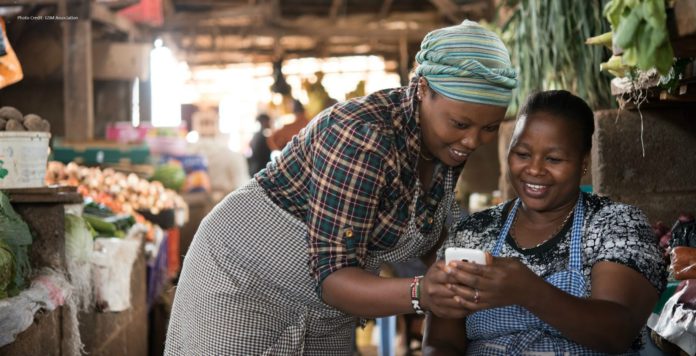E-commerce is creating new opportunities for women in Africa. Beautiful as it may sound, this comes with many challenges.
From gender inequalities to lack of adequate resources and the impact of the covid-19 pandemic, there are many other limiting factors to the growth of e-commerce. Although many leaders in the e-commerce industry in Africa are women, there is the need to empower more women to play active roles in Africa’s growing industry.
A recent report by the IFC indicates that the COVID-19 pandemic has also hit hard. In the first year of the pandemic, women-owned businesses faced a drop of 39 percent in sales, compared to a 28 percent drop for men-owned businesses. This begs the need for more work into developing talents and helping drive home the message of women in e-commerce. There are different facets of the e-commerce spectrum where women are employed or play active roles.
Jumia, Africa’s leading e-commerce ecosystem looks at Africa, women and e-commerce in general.
In Africa and Ghana today there are many women in great leadership positions when we talk about ecommerce. Notable among them are ,Madam Juliet Anammah (The Chairwoman, Jumia Nigeria and Head of Institutional Affairs, Jumia Group), Madam Tolulope George-Yanwah(The CEO of Jumia Ghana), Madam Anita Wiafe Asinor (The Secretary General of the E-commerce Association of Ghana) among many others.
E-commerce in Africa involves many stakeholders, below we look at the impact women are having in a few of them.
- Consumers : With over 680 million in Africa constituting 50% of the population, it is by no means by coincidence that many e-commerce consumers today are women as well. From essential items such as provisions, groceries, health & beauty, home decor and kitchenware, women are active shoppers online. The demand for all these essential products by women creates a very important need for supply. This creates a chain of very beneficial businesses. Manufacturers need to produce more, logistics businesses grow in the number of fleets and carriers, e-commerce websites expand to accommodate the huge traffic as well as the millions of categories and other technologies. The impact women customers have is overwhelming.
- Sellers : For e-commerce businesses to function properly, there has to be a perfect blend of all stakeholders and Sellers play a major role in this. In many African countries, women contribute at least half of the total sellers. According to the recent IFC reports, 50% of e-commerce sellers in Kenya are women entrepreneurs. Women are behind many businesses in Ghana and Nigeria as well. From digital payment solutions, food delivery, fashion, beauty, electronics and many more. These women are supporting their families and creating jobs for many young people in Africa. Especially during the covid-19 pandemic when many offline businesses found it difficult to operate, e-commerce came in handy and many women played an active role.
- Employees : Apart from many women leaders in Africa’s e-commerce industry, many employees in online marketplaces, tech firms and other online delivery services are women. Although the dominance of men cannot be overlooked, it is actually very impressive that over the past few years, the number of women in e-commerce has increased tremendously. These growing numbers promise to grow significantly over the coming years as well. With e-commerce courses and programs being taught in many tertiary institutions and great achievements by many women leaders in the online space, there is no doubt that a lot of other women will be motivated to enter that space.
E-commerce in Africa is growing and women are playing a very vital role in it. As a continent, we have key responsibilities in ensuring that barriers and challenges are removed to ensure successful growth.

